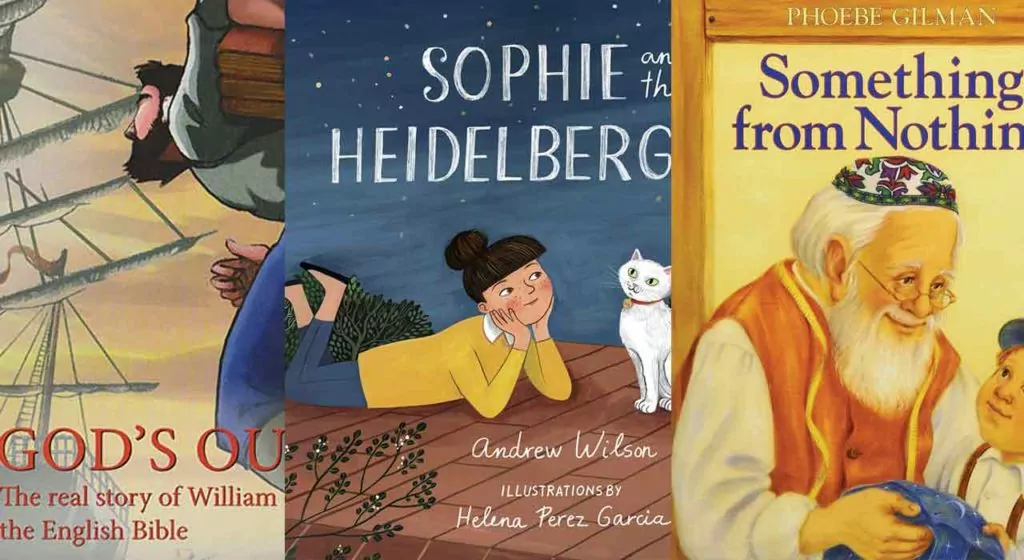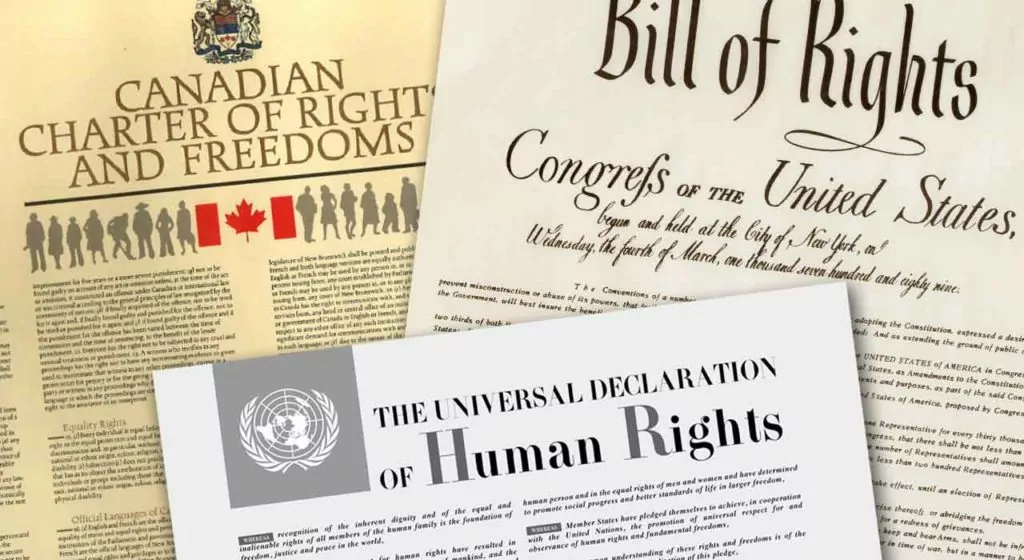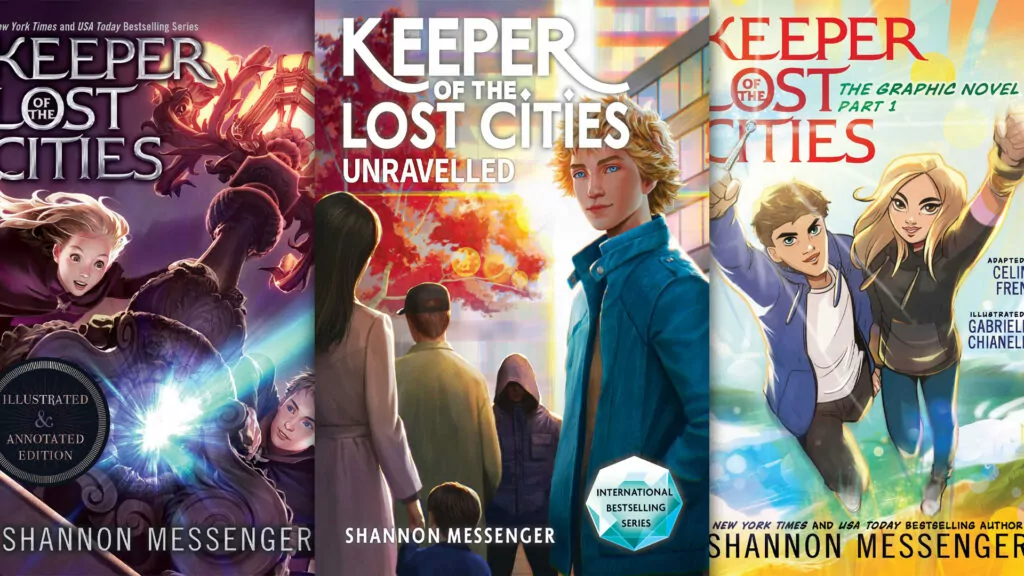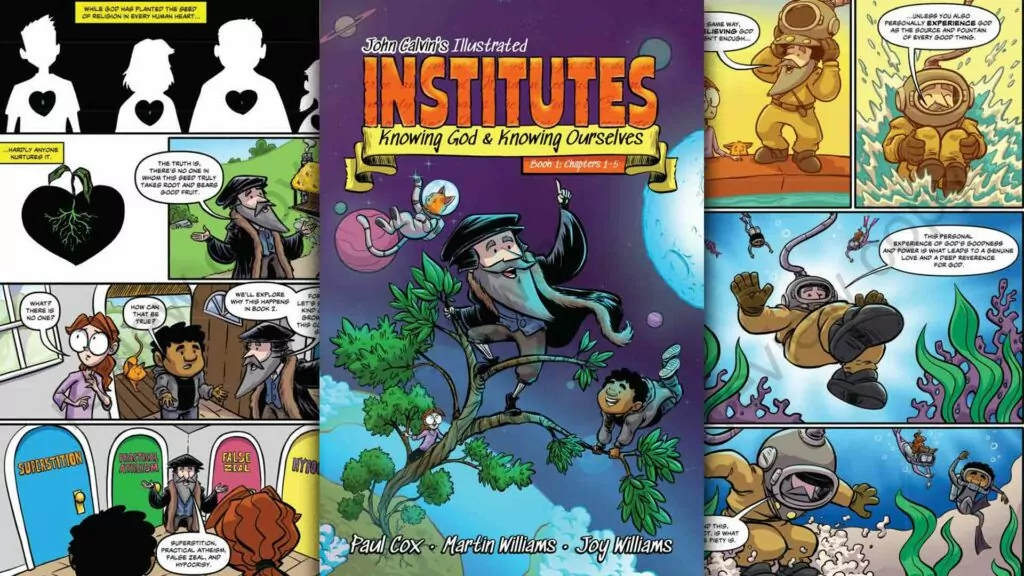Loneliness can make you pretty sad. In lonely times, you may ponder your relationships and realize that they are superficial. Perhaps you have wanted to strengthen them and not known how. Perhaps you have tried, but you have not yet been successful. It may be that a little analysis and understanding could head you in the right direction.
In the realm of relationships, there are four categories that people fall into: strangers, acquaintances, companions, and friends. Strangers are those whom you haven’t met yet; the other three categories can somewhat overlap.
Acquaintances and companions
Acquaintances are people whom we have met. They may be neighbors, fellow students, customers or co-workers. They may also be the majority of the members of our church. We know them by sight and reputation, and may feel comfortable having a conversation with them. The level of the conversation is usually superficial, pleasant, and relevant to our activities or the weather.
Companions are the people whom we are together within a specific group. We function together because we are together. But as soon as we graduate, retire, or move away, we rarely stay in touch with most of them. The group defined our activities and without its structure, we drift apart.
Friends
Friends are on a level above these categories. Some will be close and one or two may get the title of “best friend” within your lifetime. Friends enjoy, love, and encourage you. They stick by you in difficult times, and are never an intrusion. Friends don’t keep track or keep score. Friends understand you and share your deepest griefs and your highest joys. They help when necessary and possible. This connection rarely disappears, for even if busy friends live far apart, they still value contact.
I read about a tribe in an African country where each person is assigned a friend when he is young. This person is his official best friend, and they are to care for one another throughout their lives. It is considered as sacred a relationship as marriage. What a remarkable way to honor friendship, instill loyalty, provide security and prevent loneliness! The people there didn’t move away from home, so outside of death, this friendship was a certainty in a person’s life. It was stability, a fact to be counted upon.
To call everyone a “friend” on a daily basis is sometimes easier than trying to subdivide into all of these categories. But it can be helpful to analyze and determine which of your companions you might like to encourage to become your friends.
From one to the other
How do you change the categories?
A friendship must be built. Proverbs 18:24 states, “A man that has friends must show himself friendly.”
From this we learn that selfless effort is the way to get started. I’ll note it is somewhat like a dating relationship, even as I’ll quickly add I am not talking in any way about a sexual attraction. Two people are determining whether the other person’s company is worth an investment of their time. Usually, one person is more proactive in pursuing the relationship at the beginning. It helps to know that. This is not necessarily because the friendship is undesired by the other party. Rather, it is just because the other person is busy, isn’t as eager for company, or is kind of lazy about that sort of thing. Let’s face it, it’s easier to relax at home than to get out and interact with people.
Think about your companions and choose someone who might be “friendship material.” Now it is time for both action and patience. Think of an activity that you might enjoy together and call with an invitation. Or just call to say hello and talk for a while. If it goes well, try it again after a week. Take joy in the slow progress, and be patient because depth takes time. If nothing comes of it, still give it a try at another time, and/or choose someone else to befriend.
Don’t be discouraged if the person doesn’t issue invitations to you or initiate the call, as long as he or she is glad to hear from you and spend time together. Some people aren’t good at initiating but they enjoy responding.
On the other hand, if you are accustomed to responding and not initiating, and you really want friends, you might want to pray for courage to get the process going instead of feeling sad that no one is calling you. As we put forth the efforts to build friendships, we can also pray and ask God to provide for us in this way, because a friend is a gift from God.
We should also realize that others may need to have our care and friendship. It is important not to get so caught up in our own little worlds that we neglect growing closer to the members of our congregation.
This first appeared in the December 2007 issue of Reformed Perspective. Find more of Sharon’s articles by clicking here. This column is one of several dozen collected in her book “Soup and Buns,” which you can purchase by contacting the author at sharoncopy1@ gmail.com.















